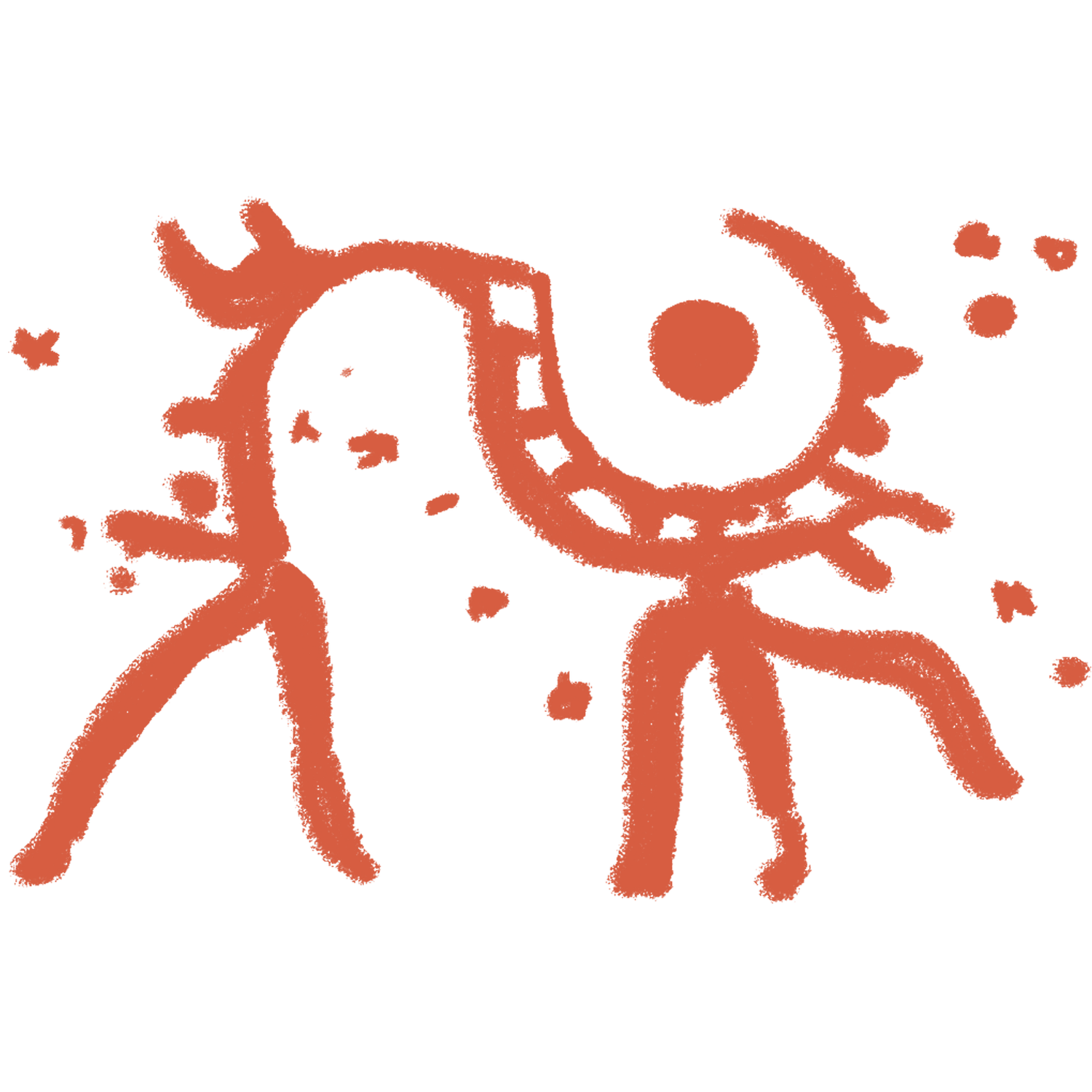
Taller
Anthropology of
agave and mezcal
Thinking and practicing our life in a way we understand culture, food, and mezcal in a complex, systemic, situated, and reflexive way.
About the workshop
Through the studies of food anthropology we will reflect on the relationship between different social groups within Mexico and the global world as they concern maguey-mezcal.
We’ll try to understand how agave management and mezcal uses are articulated through the interaction of the social construction of narratives and meaning, the human body, institutions, politics, economics, and ecologies.
MEZCAL, AS FOOD, is at the center of key issues of our time such as social inequalities, land use change, migration, health, urbanization, rural ways of life and traditional knowledge.
This is a pedagogical project that tries to weave learnings with people’s everyday lives.
It is not only a theoretical and practical workshop, but we will re-understand how theory and practice are two words to talk about the same thing. This is what we call Action Thinking (AP).
In addition, it is very important that the whole curriculum has a meaningful meaning in the students' lives and within their own sense of who we are. For this reason we have a learning pillar that we call Self-Awareness (SA).
The workshop is threaded through seminar-like sessions where the facilitator exposes ideas, academic reflections, and encourages individual curiosity to open dialogues with the participants.
Some of the activities that you can find in the workshop are:
Exposure Seminars
Meditation
Writing and dialogues for reflection
Didactic exercises to learn about ethnography
learning-by-doing exercises
Who is it for?
Cooks, students, researchers, mothers and fathers, promoters, administrators, social workers, agriculturists, traders etc.
This workshop is aimed at anyone who works with food and seeks to generate diverse, critical and shared perspectives to better understand food systems, agave and mezcal.
Temario:
1. The anthropological perspective
Brief history of anthropology
About ethnography
Principles of anthropology
Anthropology or Intercultural studies
Food studies
Understanding agave and mezcal throuhg a cultural perspective
2. Narratives and transmission of knowledge
Cosmos, and creation of meanings
Psychosociology of food
Cases of study
Transmission of knowledge
Cultural reproduction and resistance
3. Taste and identity
About the human body, the senses and taste
Historic taste
Construction of flavor and identity
Case studies
4. Territories and ecologies
Agave biodiversity
TEK: Traditional Ecological Knowledge and the Agave
Local classifications of agave
Industrialization and capitalism concerning agave and mezcal
TEK and restoration
5. Organization and politics
Traditional societies and agave peasants
Gender in mezcal
Geographical indications
Market systems and logistics
6. Applying intercultural studies
Intercultural practices for dialogue
Translocal solidarities
Representing with dignity
Starting date:
April 21, 2025
Duration:
6 sesiones
April 21, 19 - 21:30 hrs.
April 28, 19 - 21:30 hrs.
May 5, 19 - 21:30 hrs.
May 12, 19 - 21:30 hrs.
May 19, 19 - 21:30 hrs.
May 26, 19 - 21:30 hrs.
19:00 hrs. MAD, PAR, RM, BE
18:00 hrs. LDN
Calendario y horarios:
Online sessions via Google Meets
Every session will be recorded for future and anachronic review.
Modality:
120 €
If you need information about scholarships or if paying less will make it more accessible to you, send us an email so we can adapt to your situation. We will be happy to reach an agreement.
Cost:
Inscripiciones y mayores informes:
email: diversidad@expresiones.bio
cel: +52 951 4582879
Instagram: @expresiones.bio
Bibliographic references:
La memoria biocultural, Víctor Toledo y Narciso Barrera
Towards a Psychosociology of Food, Roland Barthes
Comida, cultura y modernidad en México. Perspectivas antropológicas e históricas, Catherine Good y Laura Elena Corona
El maguey y el pulque en los códices mexicanos, Oswaldo Goncalves de Lima
Etnoecología ixcateca, Selene Rangel
Distinction, Pierre Bourdieu
Hacia una reflexión decolonial de la alimentación en el occidente de México, Yanga Villagómez, Claudio Rocío Magaña
Cuerpo, cosmos y medio ambiente de Pierre Beaucage
Taste of place, Amy Trubek
La filosofía Náhuatl estudiada desde sus fuentes de León Portilla
Indigenous Storywork: educating the heart, mind, body and spirit, Jo-Ann Archibald
El retorno a la naturaleza: apuntes sobre cosmovisión Amazónica desde los Quechua, Grimaldo Rengifo Vázquez
Land as Pedagogy de Leanne Betasamosake Simpson
En tiempos de muerte: cuerpos, pedagogías resistencias de Lorena Cabnal
And many others…
Contáctanos
Si estás interesado en llevar este taller a tu pueblo, barrio, organización o donde tú lo desees, déjanos un mensaje. Responderemos a la brevedad
Pueblo Nuevo, Oaxaca de Juárez.
Oaxaca, México.



